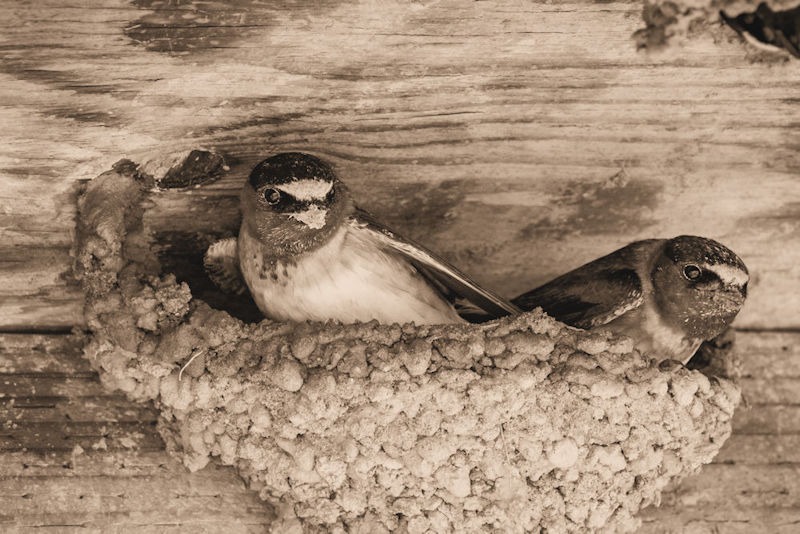Nuisance birds on your property can pose challenges, from damaging structures to creating unsanitary conditions. However, it’s essential to approach their removal with compassion and respect for wildlife. This article will guide you through safe and humane methods to address nuisance birds without causing harm to them or disrupting the balance of the ecosystem.
Identify the Species
Before taking any action, identify the specific bird species causing the nuisance. Different birds have different behaviors, and understanding their habits is crucial for an effective and humane removal process. Common nuisance birds include pigeons, starlings, sparrows, and seagulls.
Prevention is Key
Preventing bird-related issues is the most humane approach. Implement deterrents like netting, spikes, or visual repellents early on to discourage birds from nesting or roosting in undesirable areas. Make sure to seal off any entry points to prevent them from accessing your property in the first place.
Create an Unwelcoming Environment
Birds are attracted to food sources, so remove any potential food that might be drawing them in. Keep outdoor areas clean, secure trash bins, and avoid leaving pet food outside. Creating an environment that is less appealing for birds will naturally discourage them from frequenting your property.
Install Physical Deterrents
Physical deterrents can be effective without causing harm to birds. Install bird spikes on ledges and surfaces where they roost, making it uncomfortable for them to land. Netting is also an excellent solution to prevent birds from accessing specific areas without causing harm.
Implement Scare Tactics
Using scare tactics can be an effective way to encourage birds to relocate without causing harm. Visual deterrents like reflective objects, predator decoys, or even motion-activated devices that produce sudden sounds can startle birds and make them feel uncomfortable in the area.
Consider Humane Trapping
If other methods prove ineffective, consider humane trapping. Use live traps designed for birds and relocate them to a suitable habitat away from your property. Make sure to check local regulations regarding trapping and relocating wildlife, and consult with wildlife professionals if needed.
Seek Professional Assistance
If the bird problem persists or if you’re dealing with protected species, seek assistance from wildlife professionals or pest control services experienced in humane bird removal. They can assess the situation, offer tailored solutions, and ensure compliance with local regulations.
Provide Alternative Roosting Sites
In some cases, birds are attracted to specific structures due to a lack of alternative roosting sites. Install nesting boxes or designated birdhouses in nearby areas to provide an alternative habitat for the birds. This way, you can redirect their activities to a more suitable location.
Use Humane Repellents
Explore humane repellents designed to deter birds without causing harm. These can include non-toxic sprays, gels, or granules that create an unpleasant surface for birds. Always choose products that are safe for both the birds and the environment.
Monitor and Adapt
After implementing bird control measures, monitor the situation regularly. Birds may adapt to certain deterrents over time, so it’s essential to be proactive and adapt your strategies accordingly. This ongoing process ensures a sustainable and humane solution to bird-related issues on your property.
Conclusion
Safely and humanely removing nuisance birds from your property requires a combination of preventive measures, deterrents, and, if necessary, controlled trapping. It’s crucial to approach the situation with respect for wildlife and a commitment to minimizing harm. By understanding the birds’ behavior and implementing ethical solutions, you can achieve a balance that allows coexistence while addressing the challenges posed by nuisance birds on your property.

